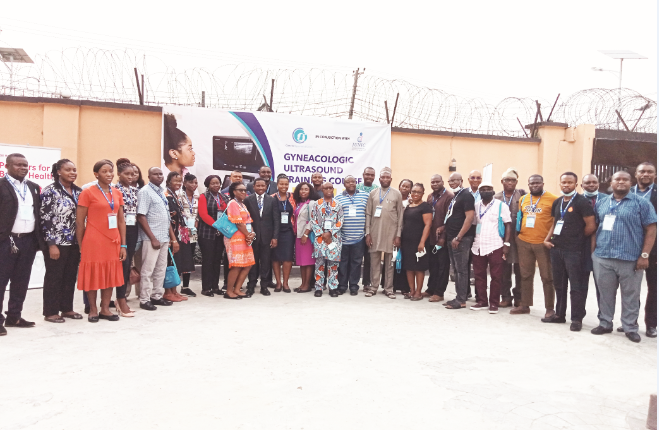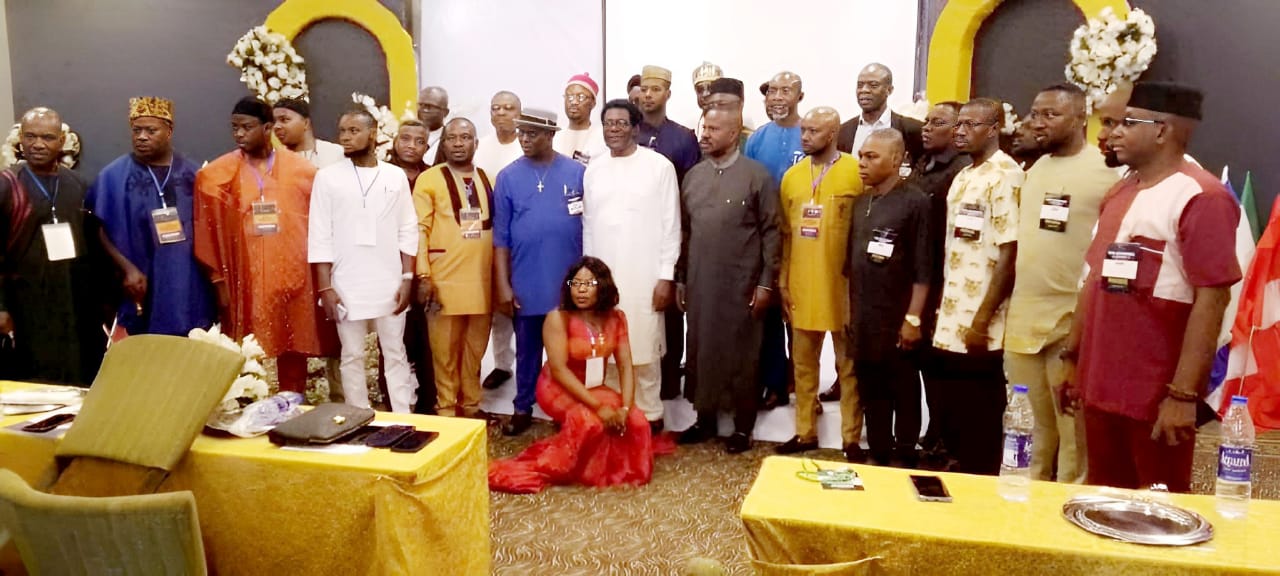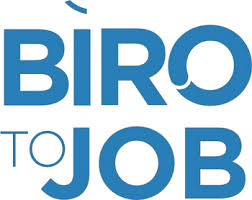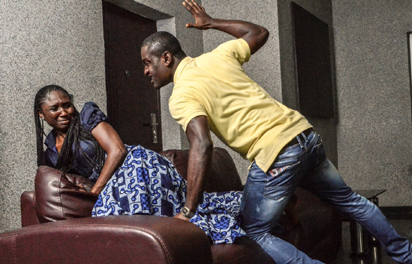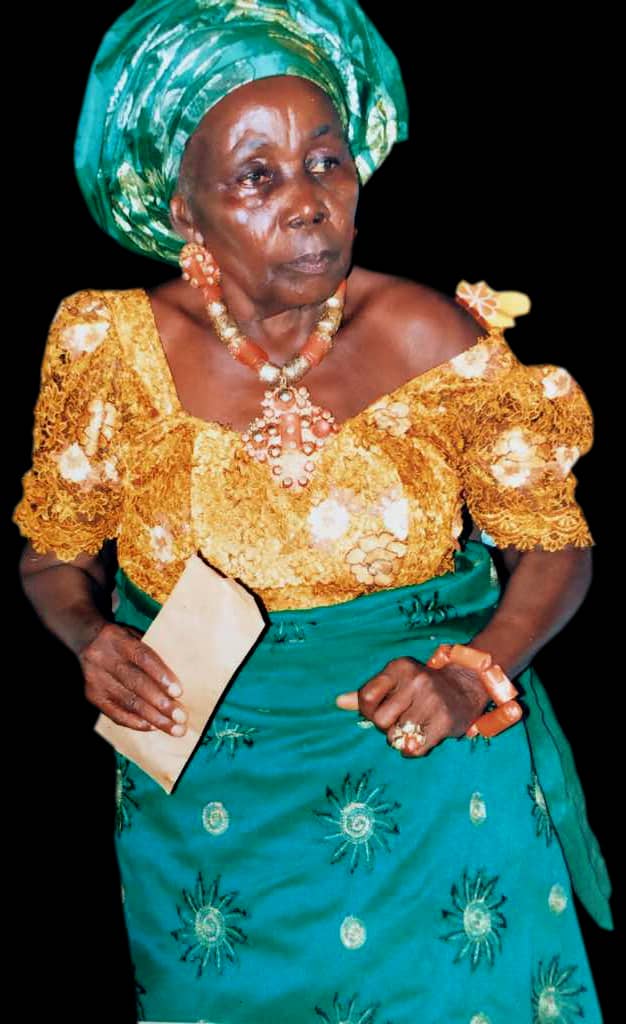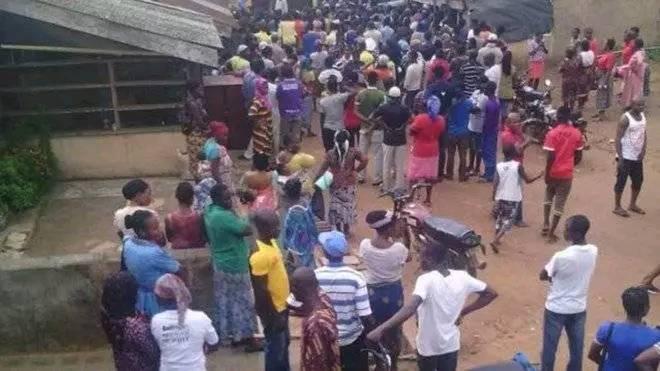Reps Amend Electoral Bill, Recommend Direct, Indirect Primaries
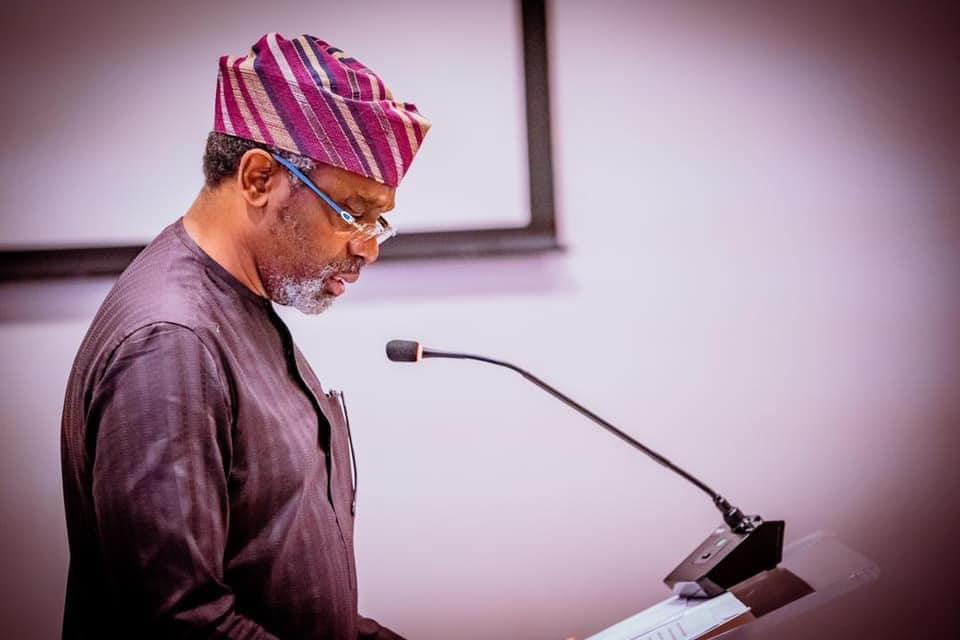
The House of Representatives on Wednesday reconsidered the Electoral Act Amendment Bill and passed it after expunging the mandatory use of direct primaries by political parties to elect candidates to stand for elections.
It adopted the use of both direct and indirect mode of primaries by parties for nominating candidates for election.
The Senate had earlier reversed itself by also inserting other modes of primaries in the Electoral Bill.
The motion in the House to recommit the bill was moved by the Chairman Committee on Rules and Business, Hassan Fulata (APC, Jigawa).
President Muhammadu Buhari had rejected the bill in December, citing disagreement with Section 84(2) of the bill.
“It is my considered position that the political parties should be allowed to freely exercise right of choice in deciding which of the direct or indirect to adopt in their primary elections as their respective realities may permit,” Mr Buhari had said in the letter.
In his letter to the House and the Senate, the president listed financial, security and legal reasons for rejecting the direct mode of primary election.
He however had promised that he would sign the bill if the controversial section is removed.
Speaker Femi Gbajabiamila, on Tuesday, while announcing that the House will recommit the bill, said the lawmakers had two options – veto the president or remove the controversial clause.
“We have to choose between sticking to our guns regarding the provision to mandate direct primaries for political parties or reworking that provision to save the rest of the bill.”
Rowdy session averted
A rowdy session was averted during plenary session on Wednesday while the lawmakers were in search of how to respond to Mr Buhari’s position on the bill.
Midway into the plenary, Mr Gbajabiamila had separate meetings from the chair with some principal officers and members.
Among those the Speaker met with were the Deputy Speaker, Idris Wase, Majority Leader, Hassan Ado Doguwa, the Minority Leader, Ndudi Elumelu, James Faleke and Babajimi Benson.
Although, their discussions could not be heard, when their argument got to a boiling point after about 17minutes, the speaker called for a closed-door session.
Upon resumption, some members, led by the Minority Leader were heading toward the door apparently staging a walk out. With the intervention of some members, they returned to the chamber.
But the plenary stalled for another 15 minutes even as the Deputy Chief Whip, Nkeiruka Onyejeocha, tried to restore calm.
Fulata’s motion
Mr Fulata moved for the suspension of the Order 7 rule 2 of the Standing Rules, to allow the Speaker to preside over the committee of the whole.
Order 7 rule 2 states, “The deputy speaker shall be the chairman of the Committee of the Whole, save when the House goes into committee of Supply or ways and means.
Following the motion by Mr Fulata, the House dissolved into the Committee of the Whole to consider the bill.
However, it was unclear why the rule was suspended because the deputy speaker, who statutorily presides over the committee, did not do so. Instead it was the Speaker who took the seat.
Shortly before the consideration, Mr Gbajabiamila said the procedure for the reconsideration of the bill was based on Order 12 rule 20 of the standing rules.
Order 12 rule 20. (1) Any Bill referred to the House by the President withholding assent may be reconsidered through a Substantive motion by the House.
(2). The Motion shall include all the clauses objected to by the President Which shall be reconsidered in the Committee of the Whole.
(3) If necessary, the House may rescind its decision(s) on the affected clauses and reconsider the Bill in the Committee of the Whole.
During the consideration of the bill, Awaji Abinate (PDP, Rivers) raised concerns over section 84(4) of the bill.
He alleged that the section 84 (3,4,5) was an attempt to bring back the mandatory direct primaries clause. He pleaded that the bill should be subjected to clause by clause consideration.
Reading from section 84, Mr Abiante said “A political party that adopts the system of direct primaries for its primaries shall adopt the following procedure outlined below. In the case of nomination into the position of Presidential candidate, a political party shall hold special conventions in each of the 36 states of the federation and FCT, where delegates shall vote for each of the aspirants at designated centres in each capitals on specified days.”
He explained that, “A national convention shall be held for the ratification at the later convention. The election of presidential candidates shall be done at state level, that is what this English is saying. This is not the way primaries have been held. This is not the intent of the Electoral Act that was passed, that was referred back to us to consider the inclusion— to give Nigerians the option of direct and indirect primaries.
– SaharaReporters

